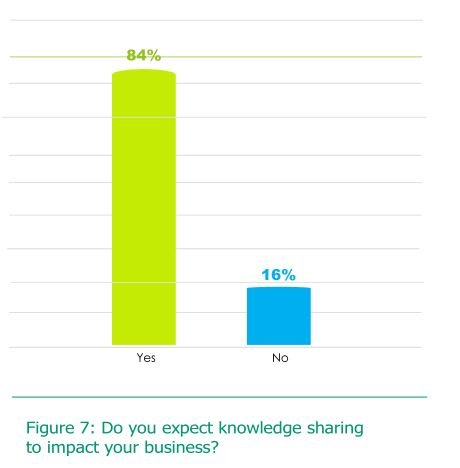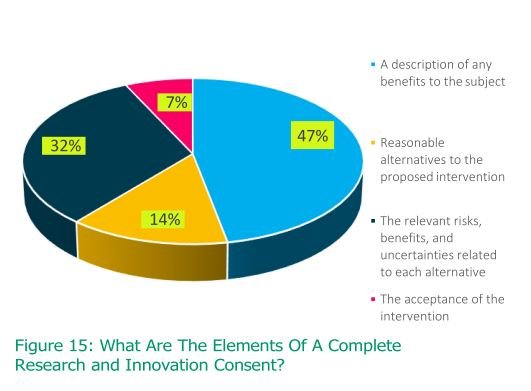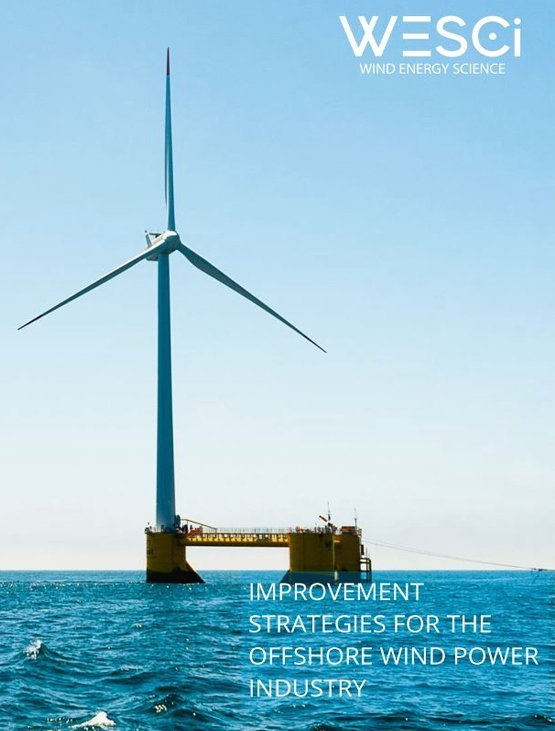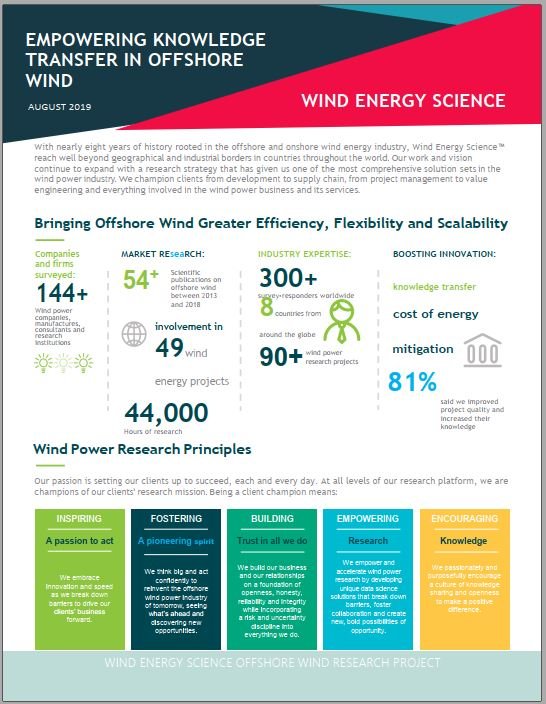Offshore Wind Project Management Improvements
The findings of the survey reveal that there is a significant potential for lowering LCOE through either increased production of MWh, novel technologies implementation or through mitigation of costs. A plethora of different prospects are present, especially in respect to collaboration across industry’s players to enable innovation and value creation.
Organizational knowledge sharing seems to be the basis for new developments and strategic innovations. If the industry is to establish and secure an ever solid and more competitive source of energy, they must deliver on partnership and collaboration for strategic innovation and join forces to reach their common objective.
Research limitations/implications
KSCI is a broad research area; thus, the results of this research and the presented framework to reduce the CoE, establish Continuous Improvement and improve Knowledge Sharing is open for further development and discussion.
Practical implications
The research paper provides insights into how the offshore wind power CoE can be reduced through innovation, industrialization, knowledge sharing, continual improvements and stakeholders partnering-including academia co-operation – in the offshore wind energy sector.
According to our analysis, wind power should become the leading power generation technology by 2030 to establish the effective decarbonization of the global economy. Our optimistic scenarios predict that offshore wind capacity can reach 100-120 gigawatts (GW) by 2030 as innovation in offshore wind technologies and methods continues.
However, according to our research, offshore wind capacity could increase faster if new policies and regulatory framework improvements adopted to double renewable energy production.
The purpose of this survey was to show how knowledge sharing and value creation can support lifetime sustainability of offshore wind installations. According to the findings, it seems that the reduction of offshore wind investments LCOE started to slow down markedly in the course of 2014, indicating that possibly the easy pickings have already been reserved, and now the industry as a whole must – in collaboration with Academia – identify new opportunities for lowering LCOE and establish offshore wind longevity
A substantial 84 percent say that they expect knowledge sharing practices to impact their businesses. This suggests that a very large percentage of the offshore wind power business activities could be improved, and high risk management tasks currently performed by people could be upgraded orreplaced by technology.
Moreover, the sources of modeling uncertainty and error could be also significantly reduced to establish an affordable, reliable, sustainable and modern renewable source of energy


Disclaimer
The opinions expressed in the conclusion of this survey are entirely those of the authors and do not necessarily reflect the view of the Wind Energy Science. The Wind Energy Science Research platform is not liable for the accuracy of the information provided or responsible for any use of the content.


